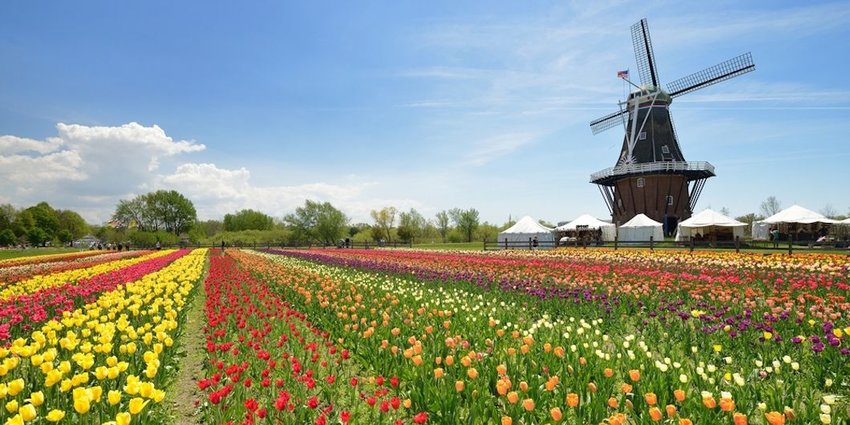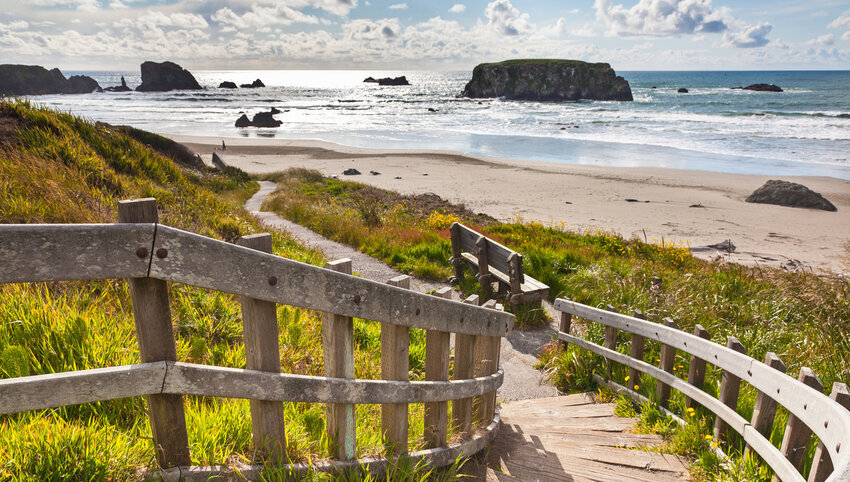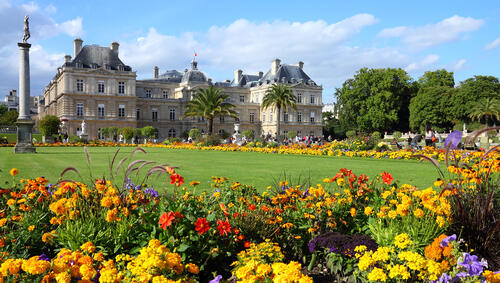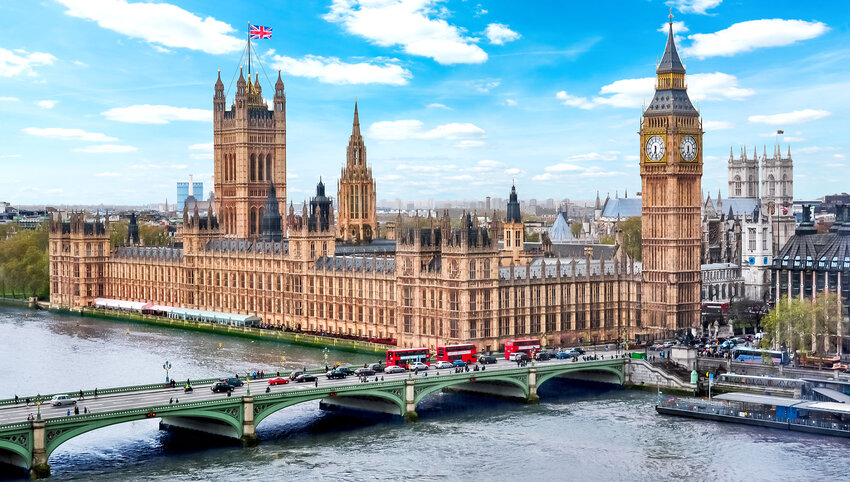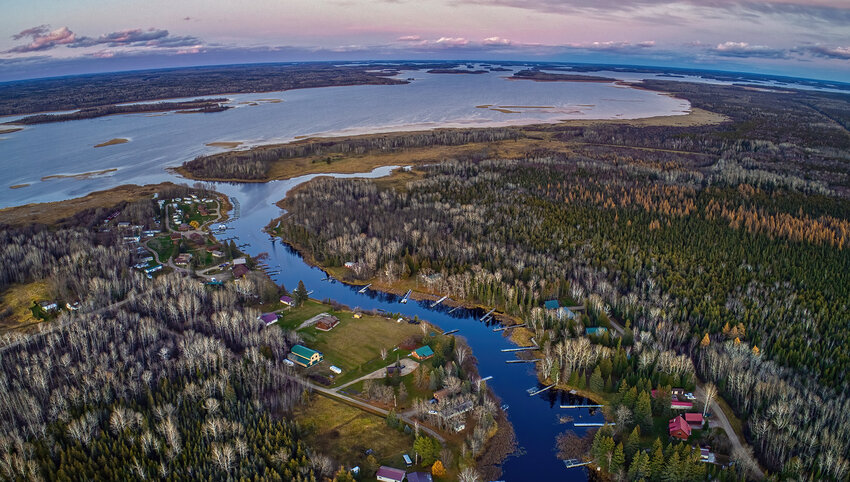There are tons of festivals every year throughout the United States offering us plenty to celebrate. Some are quirky and some are unique, some celebrate food and others celebrate art. No matter what you’re into, there’s sure to be a fantastic event somewhere for you. Here are 10 different state festivals worth traveling for.
Great American Beer Festival (Denver, Colorado)
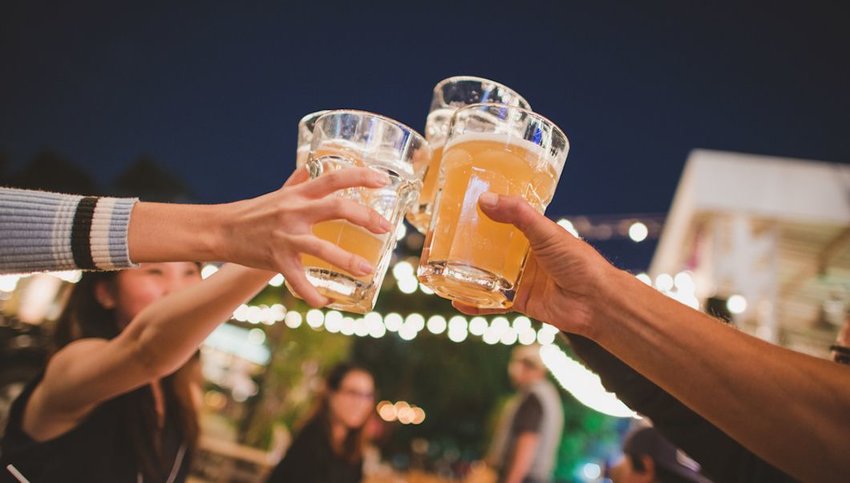
If you love stouts, lagers, and IPAs, then this brew festival is for you. The best beer from around the country can be found at this multi-day event in Denver. Attendance has increased sharply over the years, and the number of samples has increased with it. Thousands of beers are available from breweries all over the country, helping the Great American Beer Festival lives up to its name.
Tulip Time Festival (Holland, Michigan)
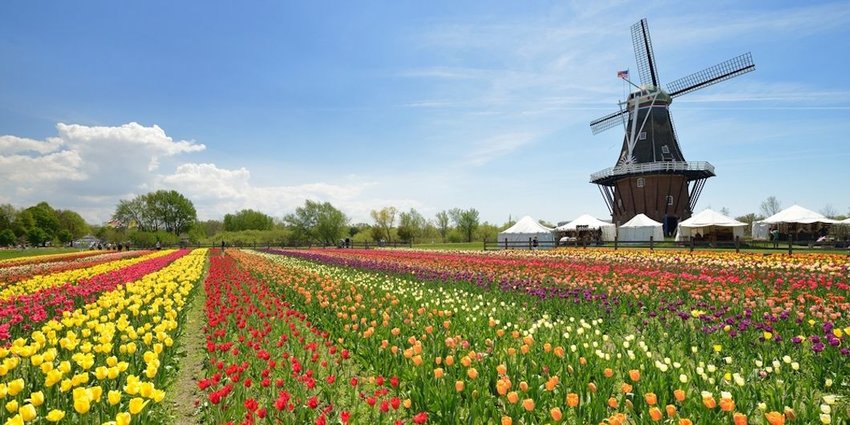
Flowering tulip bulbs have enchanted visitors for centuries in the Netherlands. But if you can't make it overseas for this seasonal festival, Tulip Time in Holland, Michigan, gives you a good dose of these brightly colored flowers. Held every year in mid-May since 1929, the festival began after the city imported 100,000 tulip bulbs from the Netherlands to plant in city parks.
Renaissance Pleasure Faire of Southern California (Irwindale, California)
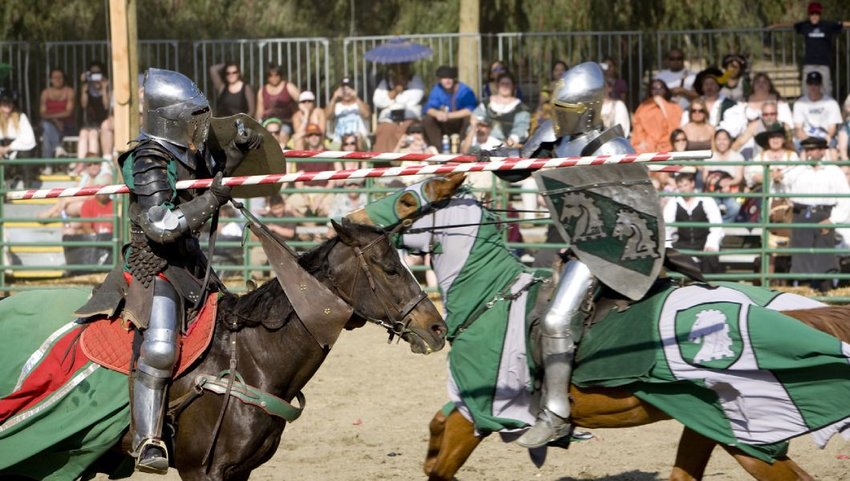
The Pleasure Faire of Southern California is the oldest of its kind. Held in April and May in Irwindale, California, since 1962, it attracts a quarter-million people annually, reenacting a 1580s English market faire. Wander through Port Deptford, a waterfront town from Elizabethan-era England, in costume, enjoying jousting tournaments and roasted meat.
Des Moines Art Festival (Des Moines, Iowa)
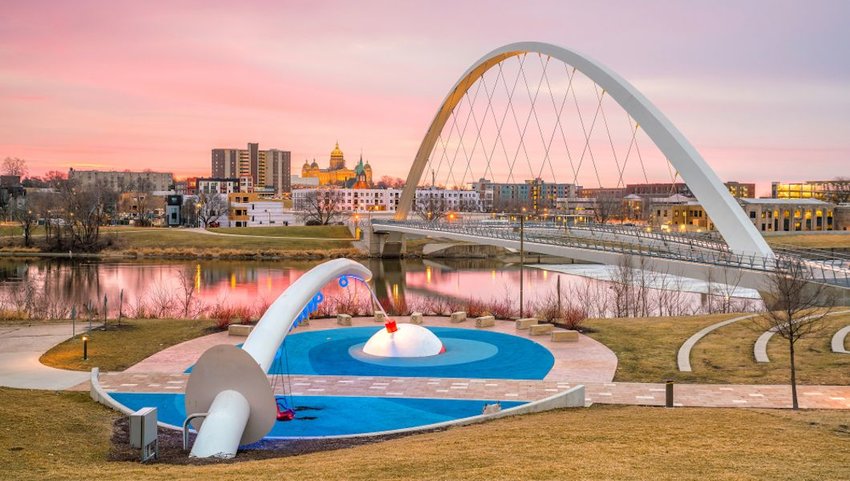
There’s a lot of corn in Iowa, yes, but there’s also a lot of art, especially during the end of June when Western Gateway Park in Des Moines plays host to one of the top-ranked art festivals in the country. The Des Moines Art Festival is a three-day event that features visual artists from around the country, artist workshops, film screenings, and live music.
Lexington Barbecue Festival (Lexington, North Carolina)
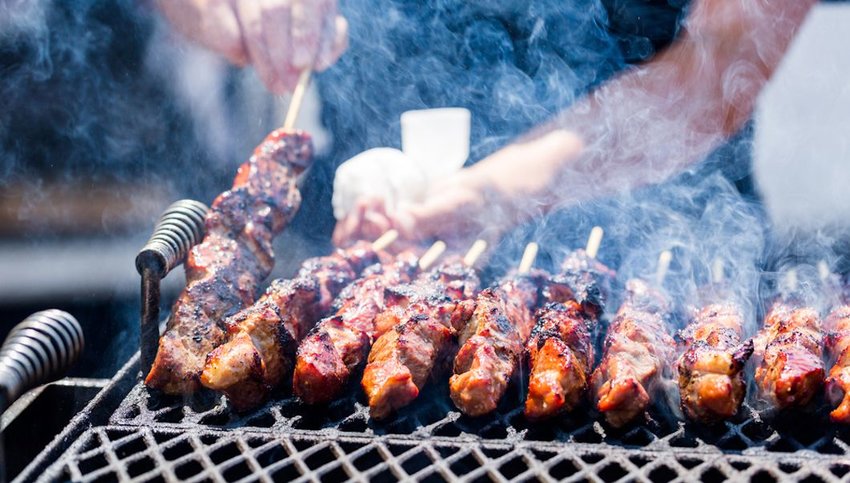
If you like barbecue, might as well go to the original BBQ festival in Lexington. Held since 1984 in the “Barbecue Capital of the World,” Lexington, North Carolina, the event is listed in the book 1000 Places to See in the USA & Canada Before You Die. Pretty impressive. A must-see, a must-do, and certainly a must-eat.
Artscape (Baltimore, Maryland)
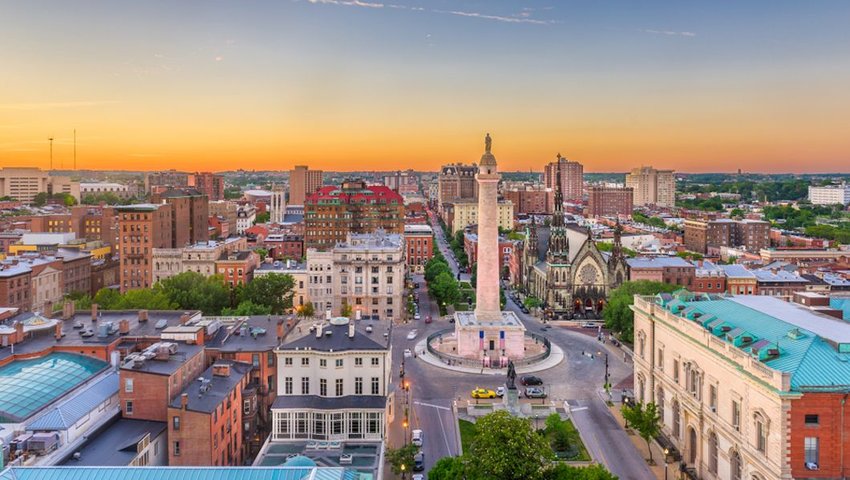
Debuting in 1982, Artscape has become the largest free arts festival in the country. Like many arts events, it features a music lineup – Aretha Franklin and Ray Charles are among the festival alum. Other than that, there are tons of exhibits and art displays of all kinds to enjoy.
Taste of Chicago (Chicago, Illinois)
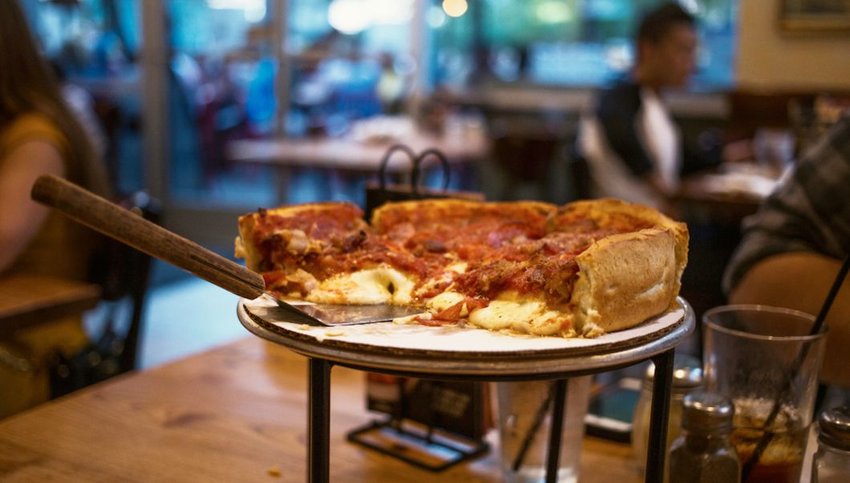
The world’s largest food festival is in Chicago, and it’s a tastebud-satisfying experience all around. Arnie Morton created the event in 1980, and was able to persuade the city to block off Michigan Avenue for the first event. They expected 100,000 people, but got a whopping 250,000. It has continued to grow in size and scope, attracting millions annually and featuring not only great food but musical acts, too.
Sundance Film Festival (Park City, Utah)
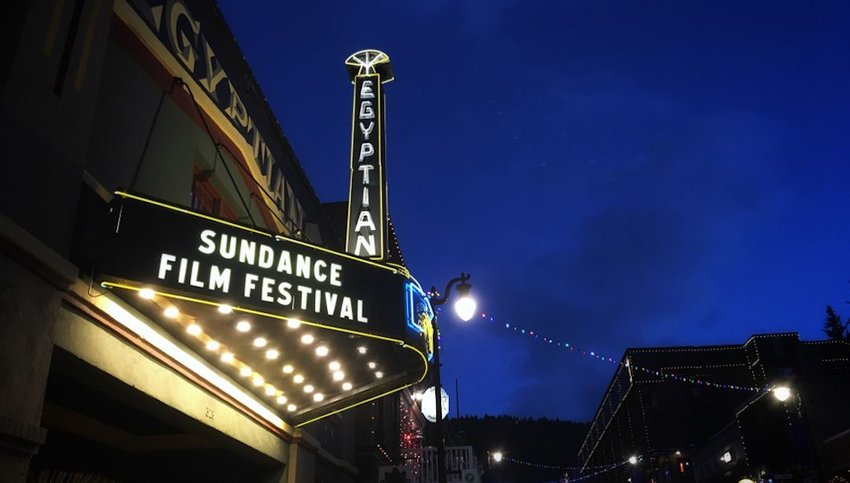
It’s the largest independent film festival in the U.S. (nearly 50,000 attend annually), and it’s the one perhaps most worth checking out. Sundance is one of the most competitive film festivals in the world. Founded in 1978 as the Utah/US Film Festival, it became the Sundance Film Festival in 1991 – after Robert Redford’s character in Butch Cassidy and the Sundance Kid. Multiple screenings across town, Q&As, and more make this film festival a must for film buffs.
Bonnaroo Music & Arts Festival (Manchester, Tennessee)
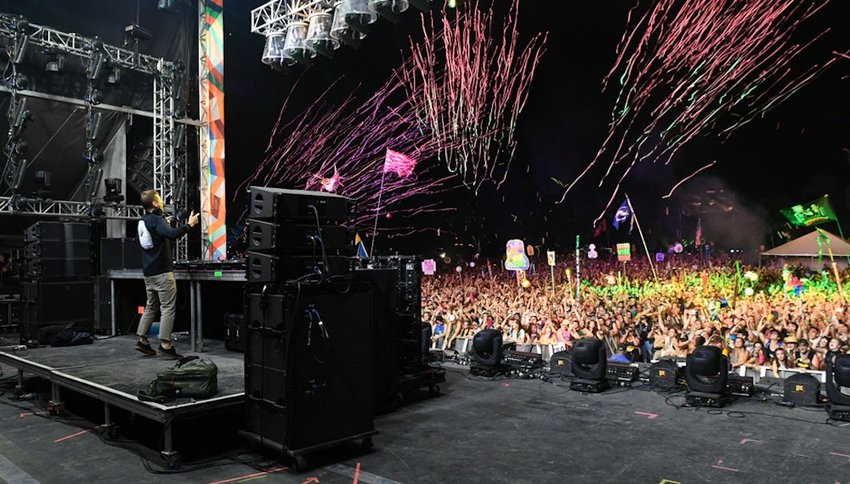
Forget Coachella and Lollapalooza – Bonnaroo is where it’s at in the world of music festivals. The festival began in 2002 and has been making waves since, with diverse acts including The White Stripes, Eminem, Paul McCartney, Kanye West, Neil Young, James Brown, The Police, Bob Dylan, Metallica, and so many more.
Mardi Gras (New Orleans, Louisiana)
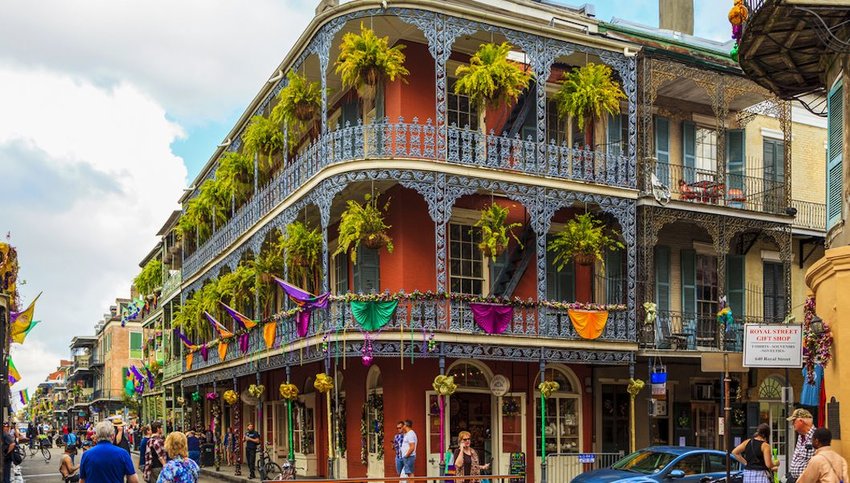
New Orleans' Mardi Gras has been celebrated there in one form or another since the 1700s. By the late 1830s, the event featured street processions of “maskers” with carriages and horseback riders to celebrate. On Feb. 24, 1857, the first NOLA Mardi Gras parade was held by the Krewe of Comus, beginning that tradition. It’s colorful, it’s fun, and it’s an experience worth seeing in person.

